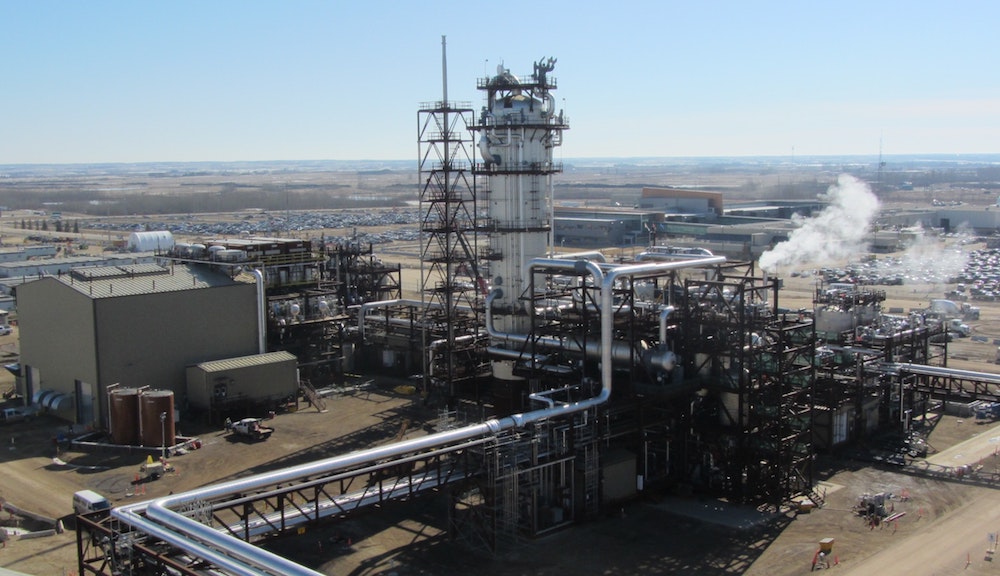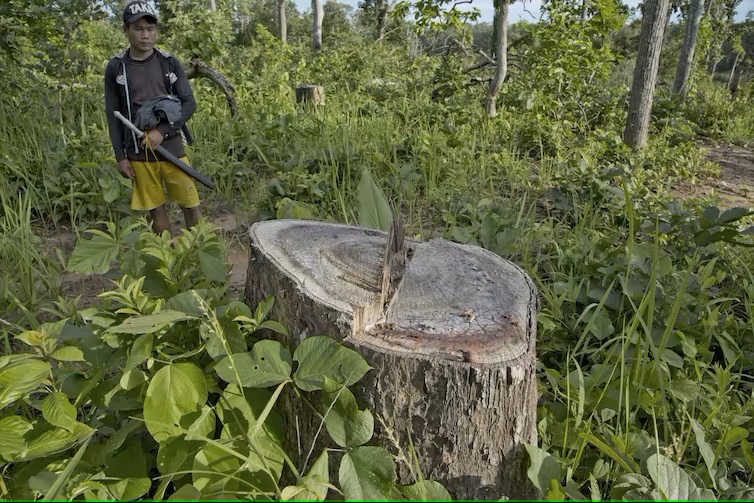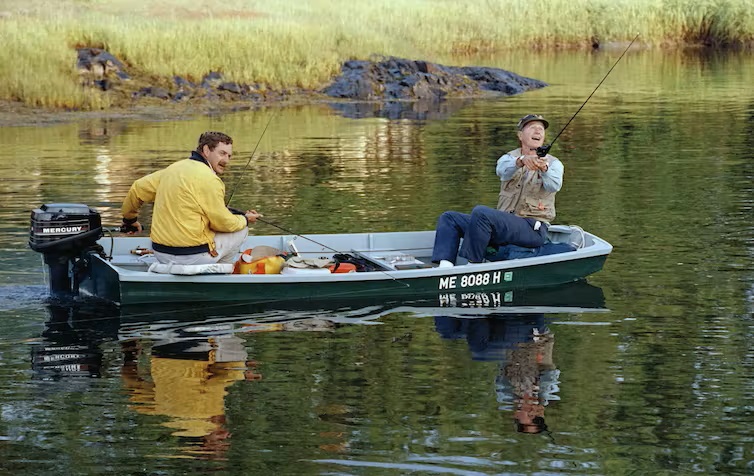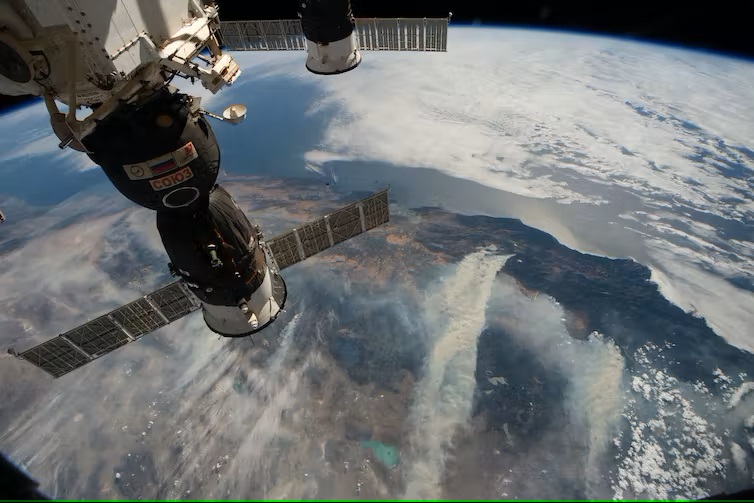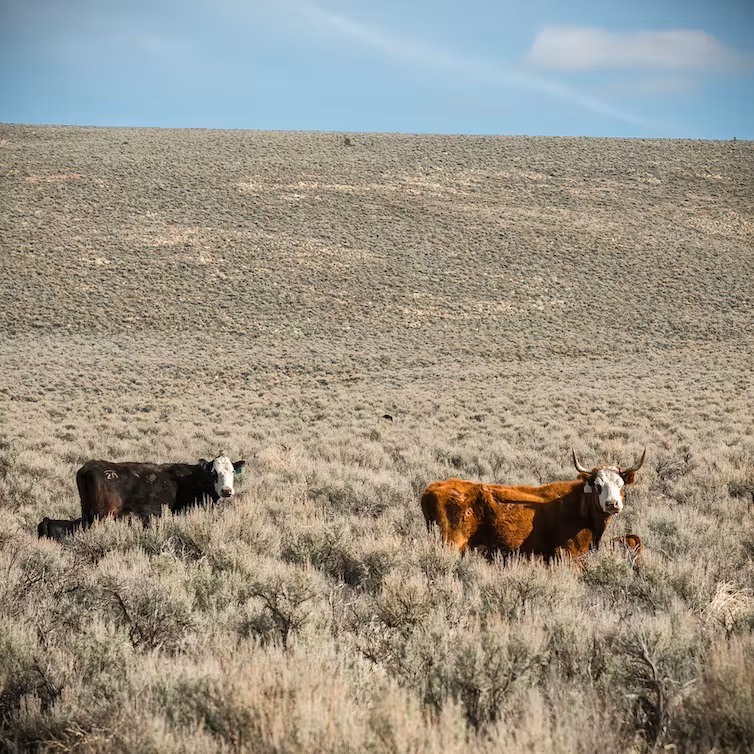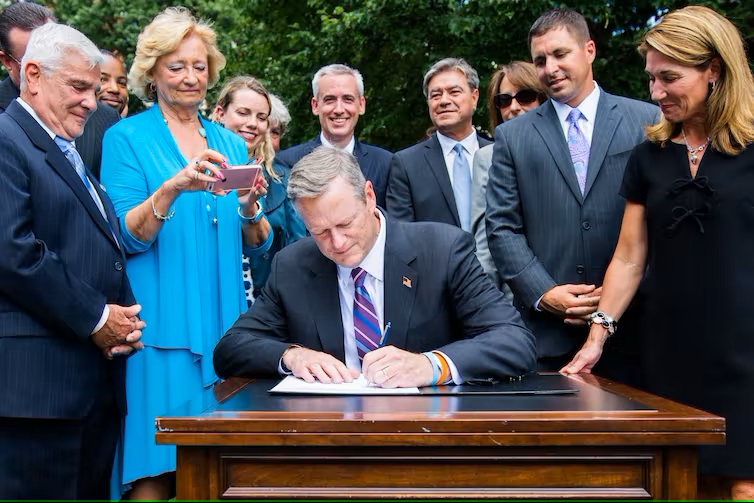Capturing carbon to fight climate change is dividing environmentalists
Olúfẹ́mi O. Táíwò, Georgetown University and Holly Jean Buck, University of California, Los Angeles Environmental activists are teaming up with fresh faces in Congress to advocate for a Green New Deal, a bundle of policies that would fight climate change while creating new jobs and reducing inequality. Not all of the activists agree on what […]
Capturing carbon to fight climate change is dividing environmentalists Read More »

